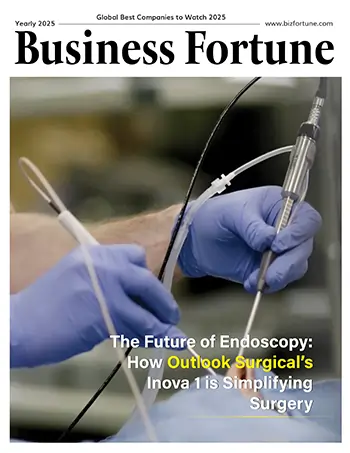Home Industry Bio Tech Bristol Myers' impressive perf...
Bristol Myers' impressive performance concludes strong pharma earnings week
Bio Tech

Business Fortune
29 July, 2024
Bristol Myers Squibb increased its guidance for this year's revenue and profit per share on Friday following a second quarter in which sales of both its new medications and older products exceeded analyst projections.
The "beat and raise" came after this week's very impressive pharma sector performance results from Roche, Sanofi, AbbVie, and AstraZeneca, all of which increased their 2024 sales or profit projections. In response to the announcement, Bristol Myers' shares increased by almost 9% on Friday morning.
Bristol Myers reported $12.2 billion in revenues between April and June, which was 6% more than Wall Street consensus estimates. Bristol Myers' earnings per share for the second quarter were $2.07, which was 27% more than experts at Leerink Partners had predicted.
The company's multiple myeloma therapy, Revlimid, saw sales of aged blockbusters decline less than anticipated, while newly released medications gained traction, contributing to the solid performance across the board. In contrast to expert forecasts, two medications, Zeposia for multiple sclerosis and ulcerative colitis and Camzyos for cardiac problems, performed exceptionally well.
Sotyktu, a psoriasis medication that has had a sluggish introduction despite Bristol Myers' high ambitions for multibillion-dollar revenues, was one relatively weaker point. The second quarter's $53 million in revenue came in 4% less than expected by analysts.
Bristol Myers has revised its forecasts, predicting adjusted earnings per share to range from $0.40 to $0.90 and revenues to rise in the upper half of its previously stated low single digit range.
The company made plans to reduce its research expenditure and lay off 6% of its employees in April in anticipation of the effects of patent expiration on its best-selling medications, Eliquis and Opdivo, later this decade. In the United States, Eliquis is also the topic of drug price discussions, as the federal government has designated it as one of ten medications that will have its Medicare reimbursement cut starting in 2026.


































.webp)